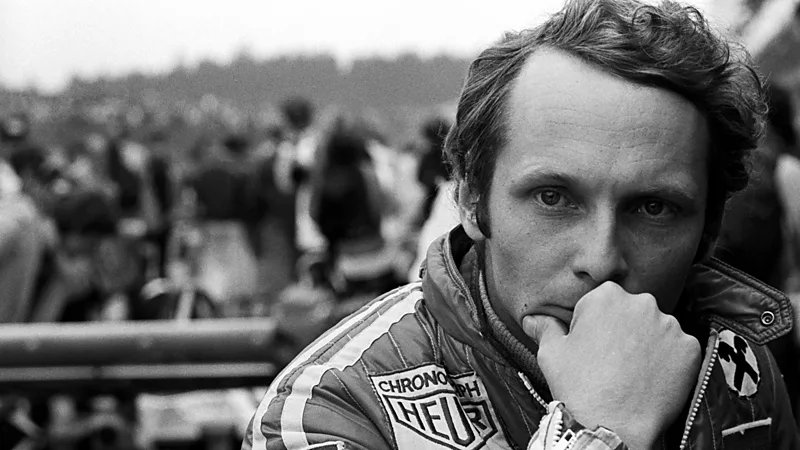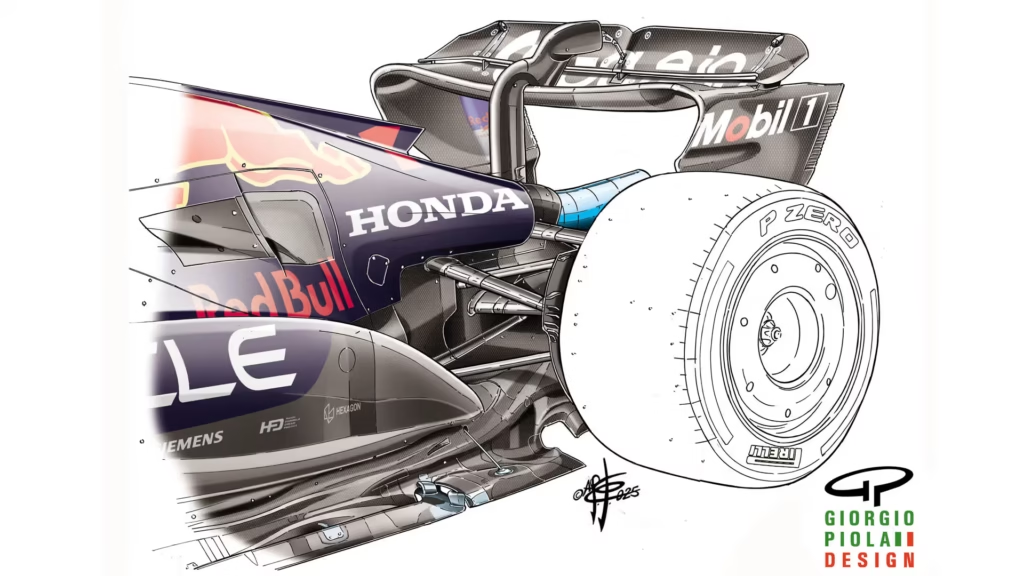
In August 1976, Formula 1 champion Niki Lauda suffered a near-fatal crash during the German Grand Prix at the Nürburgring circuit. The impact left him trapped in his burning Ferrari, with severe burns and life-threatening injuries. Despite having no memory of the crash itself due to head trauma, Lauda would later recount in a BBC interview that he fought to stay alive by sheer mental determination. The accident occurred during a tense championship battle with rival James Hunt, highlighting the extremely dangerous nature of F1 racing in the 1970s, where driver fatalities were tragically common.
The Nürburgring was widely considered one of the most dangerous tracks in motorsport history, nicknamed “The Green Hell” due to its length, treacherous layout, and lack of adequate safety infrastructure. On the day of the crash, Lauda had expressed safety concerns and even attempted to organize a boycott among drivers. Nonetheless, the race went ahead, and on the second lap, Lauda’s Ferrari veered off course, crashed into an embankment, and exploded in flames. Several drivers, including Brett Lunger and Arturo Merzario, bravely tried to pull Lauda from the wreckage, ultimately saving his life.After being airlifted to
After being airlifted to a hospital, Lauda slipped into a coma. His condition was so severe that he received the last rites. While burns and broken bones were evident, the most dangerous threat came from the toxic fumes he inhaled. Despite the odds, Lauda began to recover, undergoing skin grafts and surgeries. He credited his survival to a mental battle—forcing his mind to keep his body fighting. Lauda’s story became one of extraordinary resilience, and his determination to live helped him survive what should have been a fatal ordeal.
Amazingly, just six weeks after the crash, Lauda returned to racing at the Italian Grand Prix in Monza. Still heavily bandaged and in pain, he wore a specially modified helmet and pushed through bleeding wounds to finish fourth. In his autobiography, Lauda later admitted that he was consumed by fear but refused to show weakness to his competitors. His return stunned the world and remains one of the most courageous moments in sports history.
Though he narrowly lost the 1976 title to James Hunt, Lauda reclaimed the championship the following year. His injuries continued to impact his health for decades, eventually necessitating a lung transplant in 2018. Yet Lauda’s legacy endured—he won 25 races and was revered as one of F1’s all-time greats. When he died in 2019 at age 70, fellow racers praised his mental strength, with many calling his comeback the most heroic act they had ever witnessed in sport.



